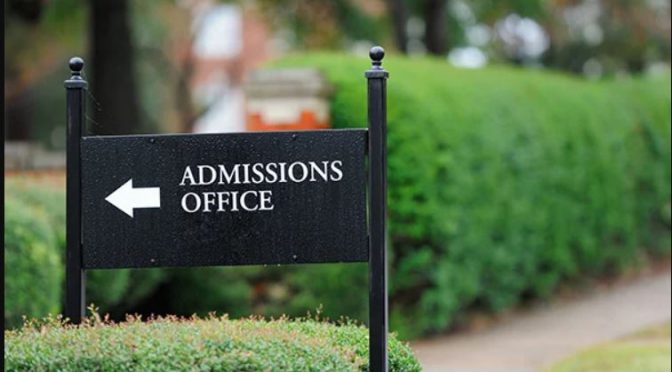
NACAC, in collaboration with the Bill & Melinda Gates Foundation and several other organizations, is carefully exploring admission policies and practices in an increasingly test-optional or test-free environment. In a previous post, we provided an overview of the project, which is grounded in the work that the Task Force on Standardized Admission Testing for International and US Students completed in 2021.
“The task force observed that if standardized testing perpetuates or worsens inequities, and if it is to remain a part of the undergraduate admission process at all, it must receive the most stringent of reviews,” according to the task force’s report on standardized testing.
As an extension of this thinking, the committee recommended that colleges’ decisions about their test policies should “include a plan for frequent reviews.” The 2021 task force also noted that simply going test-optional or test-free will not in and of itself universally improve equity. As colleges navigate the immediate future of test-optional and test-free admission, in addition to the broader equity considerations related to college admission, they must ensure that historically marginalized perspectives are front-and-center as admission offices craft policies to adapt to a new legal and political landscape.
NACAC’s role in facilitating conversation about equitable admission practices in the current admission context is to ensure careful examination of admission policies and practices, particularly as it applies to improving equity outcomes for college access.









